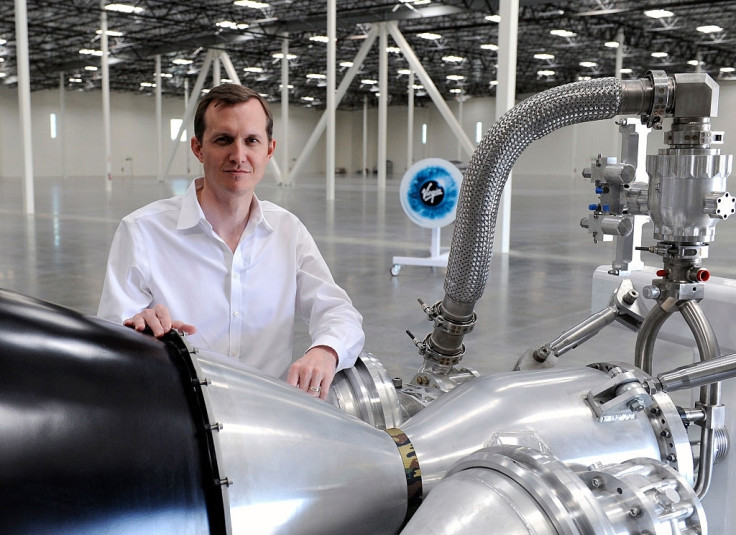Virgin Galactic's space plane VSS Unity getting ready for powered flights again
The aerospace company has already conducted a number of glide tests to make a shift towards powered flights.

After three years of ground-based tests and unpowered glides, Virgin Galactic is finally gearing up to return to powered flights, according to a new report.
At the Mars Society Convention in Irvine, California, the chief executive officer of the company, George Whitesides, said, "We're ready to go into powered flight". The aerospace company has conducted a number of glide tests over the last few months in hopes of returning to rocket-powered flights with its new reusable suborbital spaceplane, VSS Unity.
The return is being seen as a major step for the company, considering the fatal crash its original spaceplane, VSS Enterprise, suffered on 31 October, 2014. The plane broke up during a powered test-flight and crashed into the Mojave Desert. Later, an investigation revealed that it broke apart due to the premature deployment of "feather system" — the process of moving the plane's wings to increase drag during re-entry. VSS Unity also has this mechanism but with additional safeguards in place.
Engine testing for Unity has been completed and the company will be ready to start powered flights after "a very small number of glide flights", Whitesides noted. Virgin Galactic completed its sixth test glide on 4 August, 2017.
As of now, there's no word on the exact number of glides the company has planned. Back in October 2016, the company's president, Mike Moses, said, "There's 10 glide flights' worth of targets. We could do those in 8 flights, or it might take 15, but we're not going into the next phase before we clear those".
Earlier today VSS Unity took to the skies for her 6th glide test flight! Read more about this test flight here: https://t.co/rXkyktr5cD pic.twitter.com/CYwe0h8SF6
— Virgin Galactic (@virgingalactic) August 4, 2017
Whitesides also spoke about Virgin Galactic's spinoff, Virgin Orbit — the company that aims to develop air launch platforms for small satellites. It will "be launching 300-kilogram missions to low-Earth orbit, starting next year," he said while highlighting the cost benefits of the platform. "You could actually be doing planetary exploration for maybe $20 million, instead of $200 million or $2 billion" per mission.
© Copyright IBTimes 2025. All rights reserved.





















